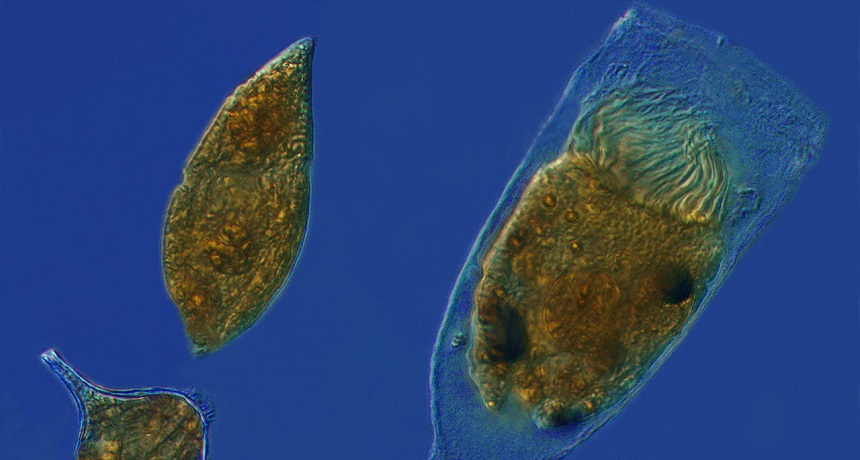Scientists Say: Plankter
Plankton is the plural of this strange word

These tiny plankton float in the water, eating only other plankton and serving as food for larger creatures. When you refer to one of these organisms, you call it a plankter.
Tintinnidguy/Wikimedia Commons







